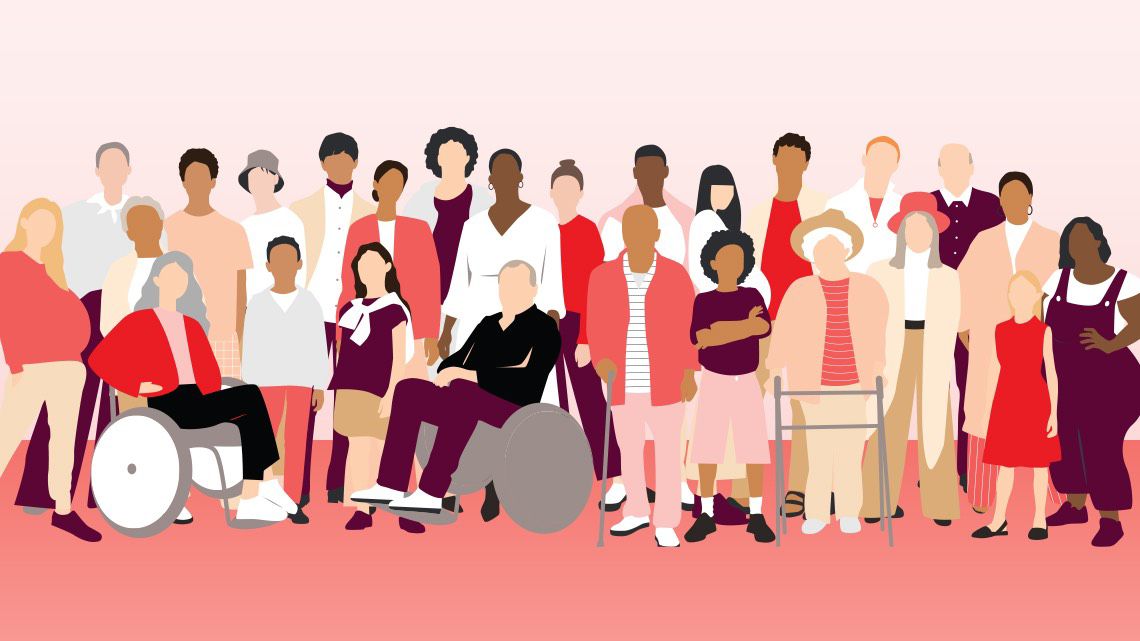A new AARP report finds that Hawaii’s estimated 154,000 caregivers provided unpaid services at a value of $2.6 billion, an increase of $500 million since the last data collection in 2019.
The figure is based on an estimated $144 million hours of unpaid family care at an equivalent rate of $18.09 per hour.
The report, "Valuing the Invaluable," quantifies “the growing scope and complexity of family caregiving” and identifies actions needed to address the challenges that caregivers face.
Nationally, about 38 million caregivers provide an average of 18 hours of unpaid care per week — 36 billion hours in total — worth approximately $600 billion.
The calculation does not include the financial cost of care in lost wages or out-of-pocket expenses, nor does it consider the differences in types of care provided, from household chores to medical or nursing tasks.
According to AARP, the study highlights the essential role caregivers play in what it considers a “fractured” long-term services and support system.
“Family caregivers play a vital role in Hawaii’s health care system, whether they care for someone at home, coordinate home health care, or help care for someone who lives in a nursing home,” said AARP Hawaii state director Kealii Lopez. “We want to make sure all family caregivers have the financial, emotional and social support they need, because the care they provide is invaluable both to those receiving it and to their community.”
To that end, the organization is supporting a pair of bills currently under consideration by the state Legislature.
House Bill 1049, part of Gov. Josh Green’s Affordability Plan, would expand the child and dependent care tax credit by providing up to $10,000 in tax credit to working families paying for adult day care and child care-related expenses.
HB 1486 would restore funding for the Kupuna Care program, which provides home and community-based services, including chore services and adult day care, to help working individuals continue to care for loved ones at home.
The measures passed the house and will now move to the Senate for further consideration and action.
Both bills address issues in caregiving that are explored in "Valuing the Invaluable."
According to the report, 30% of people who provide care to older loved ones live in a household that also includes children or grandchildren. An estimated 61% of caregivers work at least part-time and face financial risks like lost income, reduced career opportunities and savings, and subsequent diminished Social Security and retirement benefits.
Caregivers also faced an increased burden during the pandemic due to direct-care staffing shortages, which resulted in more hours of care and higher-intensity responsibilities.



